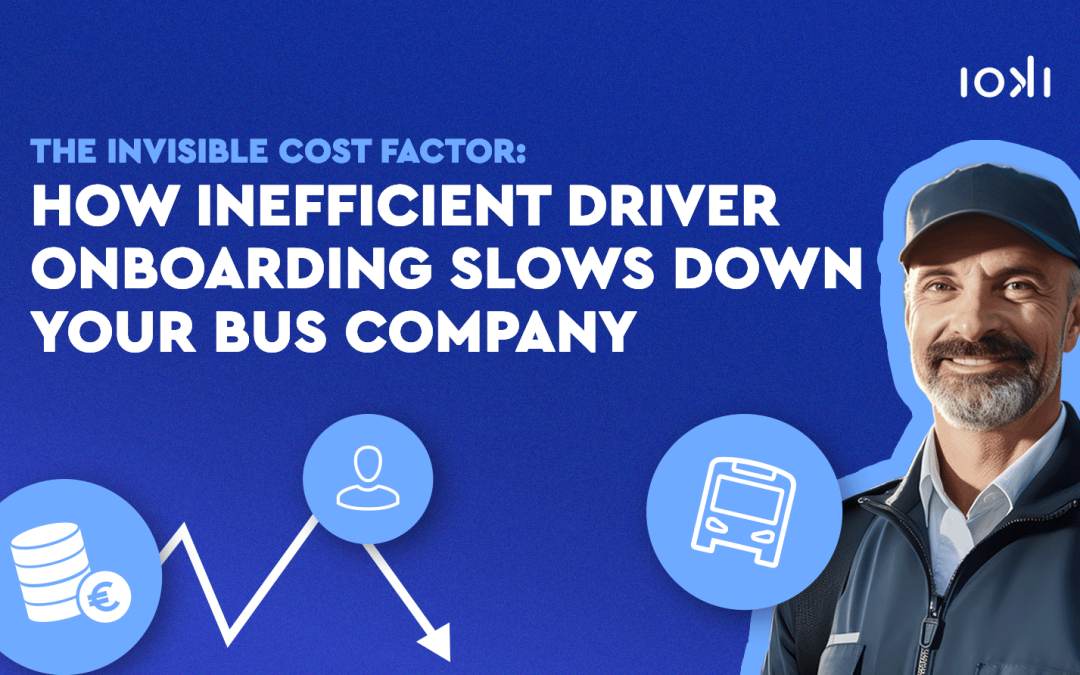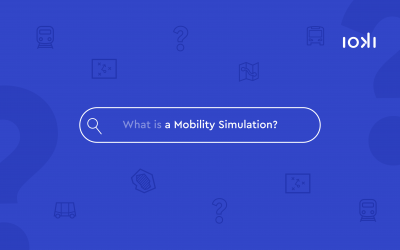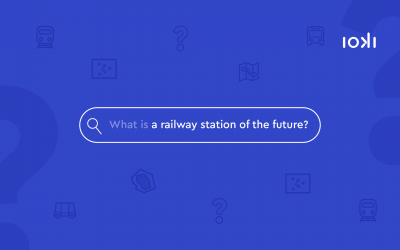In Luxembourg, both locals and tourists will soon be able to explore the Grand Duchy by bus or train free of charge. So far, 41 million taxpayers‘ money has been invested in the concept, which makes the small EU state a pioneer.
Luxembourg is the richest city in Europe and one of the top four in the world in terms of car density: around 200,000 commuters from Germany, Belgium and France alone travel to the small state every day. Accordingly, traffic jams are inevitable both in the morning and in the evening.
The concept of free public transport is particularly suitable for large cities, as both city dwellers and tourists are happy to do without the – among other things – long queues of cars and the never-ending search for parking spaces. But will the abolition of costs automatically increase the attractiveness of public transport so significantly that convinced car drivers can be encouraged to use public transport? According to a Statista survey published in June 2019, 64% of respondents from the 10 largest cities in Germany have a very positive attitude towards the abolition of local public transport charges.
The goal of reducing motorised private transport and thus initiating a traffic turnaround is at least a start, but its success is highly dependent on correct implementation: the rail network must be expanded in favour of an easier changeover and, in order to avoid overloading the public transport system, both the intervals and the capacities must be improved. After all, hardly any convinced car driver will switch to public transport if the journey to work with public transport is much less comfortable and time-consuming.
This observation shows one thing above all: in addition to financial incentives, it is primarily a question of personal motivation whether one is ready to switch from the car to a more sustainable alternative – because the first step always starts in the head.
In any case, we are curious to see whether free local public transport proves to be a positive step and pays off in the long term for the traffic turnaround. By the way: for fair mobility, such ideas should not only be thought through for urban areas, but also be considered in the context of rural mobility.



